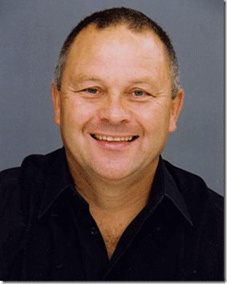Paul Almond had distinguished himself as a Television Director in his native Canada when he was invited to join Granada in 1962 as an executive producer, to develop new programming and to direct. A graduate of Balliol College, Oxford, Paul was excited to be back in England after 10 years. He set new ground with his first directorial role, the television adaptation of Tennessee William's play, The Rose Tattoo.
During a lunchtime drink with his Australian colleague, Tim Hewat, then head of World in Action, the two discussed the rigid class system that they saw in England at that time. Thus, the initial seeds of 7 Up were sown. Paul recalled that Tim quoted the famous Jesuit saying, 'Give me the child until he is seven, and I will give you the man.' Their idea for the documentary would be to film a diverse range of seven-year-old children from diverse social and geographical backgrounds in England.
Paul and Tim met with Sidney Bernstein, the Granada Chief Executive, and he sanctioned the project immediately, and gave the program the name, 7 Up. As Director, Paul Almond brought in experienced cameraman, David Samuelson to shoot the footage, and Lewis Lindsay to edit. Two young researchers, fresh out of Cambridge University, Michael Apted and Gordon McDougal were assigned the role of finding the various seven-year-old children. There was no script, which again broke new ground in documentary film for the time, and David Samuelson's hand-held camera-work was brilliant.
Over the course of a month, each child was filmed in their own regional setting. Then all the children were brought to London for a day out at the Zoo, an Adventure playground, and a tea party, to observe them all interacting together. Fifteen children were filmed for 7 Up in total and Paul Almond later wrote in the narration done by Derek Cooper and Wilfrid Thomas. The program aired on May 5th 1964 and the rest is history. Looking back, Paul Almond is very proud to have been an integral part in the genesis of what is the best documentary series in the history of television. He said after recently viewing 49 Up, 'it's a complete vindication of the human spirit.'
